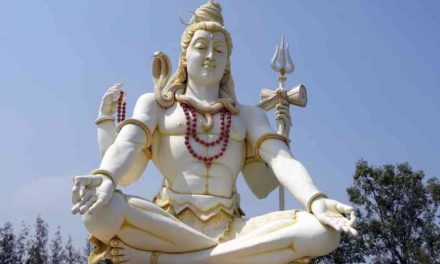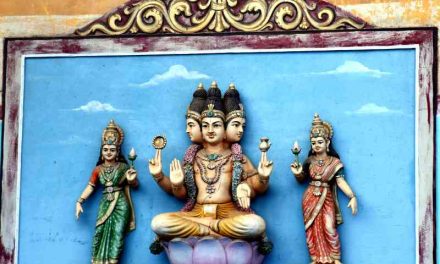Lord Shiva, one of the principal deities in Hinduism, is often revered as the Destroyer, the Transformer. Yet, this aspect is merely one facet of His complex and multifaceted nature. Beyond the fearsome image lies a compassionate and benevolent force, capable of profound transformation in the lives of His devotees.
Shiva: The Destroyer and Creator
Shiva’s role as the Destroyer is often misunderstood. He doesn’t represent destruction in a negative sense. Instead, He symbolizes the dissolution of the old to make way for the new. Just as nature sheds its leaves to regenerate, Shiva’s destructive energy clears the path for creation and renewal.
This concept is beautifully illustrated in the creation myth. After the cosmic dance of creation, Shiva is said to have withdrawn into Himself, dissolving the universe back into its primordial state. Only then did the process of creation begin anew. This cyclical nature of existence is a core principle in many spiritual traditions.
Shiva: The Yogi and Guru
Beyond the cosmic roles, Shiva is also the quintessential yogi and guru. His serene and meditative posture, often depicted sitting in deep contemplation, inspires millions to embark on their spiritual journeys. As a guru, Shiva is the ultimate teacher, guiding seekers towards self-realization.
The yogic practices, including meditation, pranayama, and asanas, are believed to be direct gifts from Shiva. By engaging in these practices, devotees align themselves with the divine energy, leading to inner peace, clarity, and spiritual growth.
The Transformative Journey
Devotion to Lord Shiva is a powerful tool for personal transformation. It is a journey of self-discovery, purification, and liberation.
- Dissolving Ego: Shiva’s energy is said to dissolve the ego, the sense of self that is separate from the divine. As the ego diminishes, one begins to experience a deeper connection with all beings.
- Cultivating Compassion: Shiva’s image as the compassionate father of all beings inspires devotees to develop empathy and compassion for others.
- Embracing Change: Understanding Shiva’s role as the transformer helps devotees to embrace change as a natural part of life, rather than resisting it.
- Finding Inner Peace: Through meditation and contemplation on Shiva’s nature, devotees can experience profound inner peace and stillness.
Paths to Devotion
There are numerous ways to express devotion to Lord Shiva. Some common practices include:
- Worship: Offering prayers, chanting mantras, and performing puja (worship rituals) are essential aspects of Shiva devotion.
- Yoga and Meditation: Aligning oneself with Shiva’s yogic principles through practice is a powerful way to connect with the divine.
- Pilgrimage: Visiting sacred Shiva temples and pilgrimage sites is a deeply spiritual experience.
- Service: Serving others in need is considered a form of devotion to Shiva, who embodies compassion.
Devotion to Lord Shiva is a profound and transformative path. It offers a framework for understanding the cycles of life, death, and rebirth. By surrendering to the divine will and embracing the journey of self-discovery, devotees can experience a profound transformation of consciousness.
Whether you seek spiritual growth, inner peace, or a deeper understanding of life’s mysteries, the path of Shiva devotion can be a powerful guide.





